Festivals are more than just celebrations; they are where people create lasting memories and forge connections. One key element that significantly contributes to the overall festival experience is the food. As the director of The Nilgiris Earth Festival, I would like to share five best practices that can transform any festival’s food management to create a unique and sustainable food experience.
Include local communities while curating the food choices at your festival
At the heart of any successful festival is a community, and involving local communities in the food preparation adds a touch of authenticity and warmth. It’s not just about the taste; it’s about infusing the festival with the spirit of the locale, be it street food vendors, home chefs, or branded food carts. Every locale or city in India has different communities, and there is a lot of variety and trends to choose from. The Tranquilitea event, as showcased by The Nilgiris Earth Festival, is a beautiful example of where the community comes together to celebrate the region’s rich tea culture. Similarly, the event titled “Paruva – Badaga Culture, People, Food” emphasises the festival’s commitment to showcasing and preserving the culinary traditions of the Badaga community, creating a truly immersive experience.
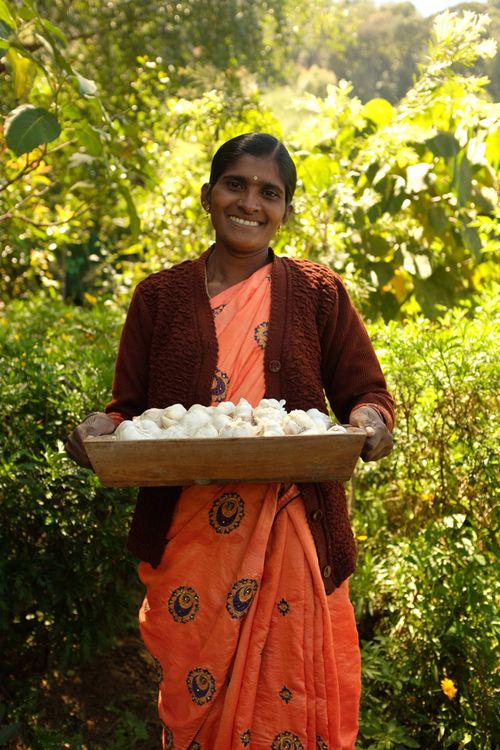
Make sustainability one of the goals of your festival’s food experience
Cut down on waste by avoiding single-use plastic and support responsible sourcing. Share this message with your festival audience through practical and informative signs around the food area; encourage them to keep your festival and its environment tidy and waste-free. Sustainability could be more than a buzzword if you can integrate it as a commitment to our local environment. Such involvement, a community at a time, is a commitment to the planet and future generations that will inherit it. The Nilgiris Earth Festival takes pride in using locally sourced food and produce for all its food events and emphasising the importance of seasonal ingredients.
Spice up festivals with local and organic food
A festival is an excellent platform to celebrate local flavours and traditions. India’s culinary landscape is as diverse as its culture, and festivals are the perfect canvas to showcase this richness. Wherever possible, promote local and organic food sourcing to create a festival that reflects the region. The Nilgiris Earth Festival provides a glimpse into how festivals can promote local and organic food sourcing, creating a more sustainable and community-centric food experience. Additionally, “Habba at Keystone Foundation” showcases the festival’s dedication to supporting local communities and fostering a deeper connection between festival-goers and the rich culinary heritage of Nilgiris.
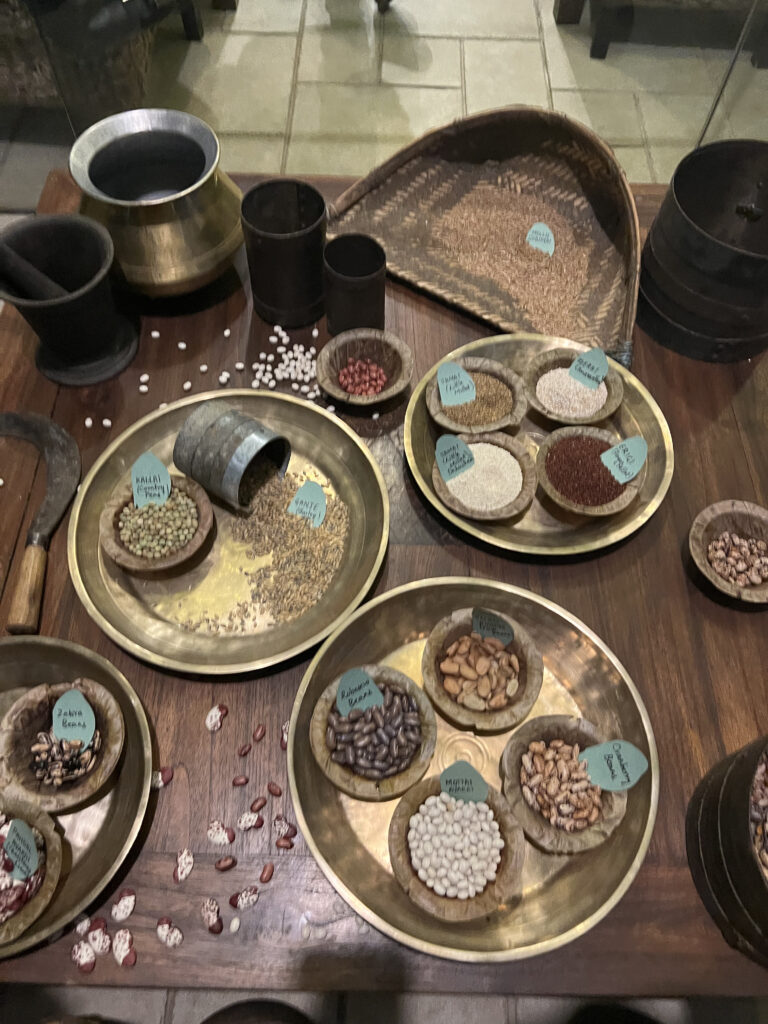
Collaborate with local food Partners for a positive impact
Engage with local farmers, vendors, and community partners to create a positive impact on both the festival’s food offerings and the surrounding region. This collaborative spirit not only enriches the festival but also contributes to the preservation of India’s diverse culinary traditions. The Nilgiris Earth Festival actively seeks to work with partners that enrich the festival experience and contribute to the sustainability of local ecosystems.
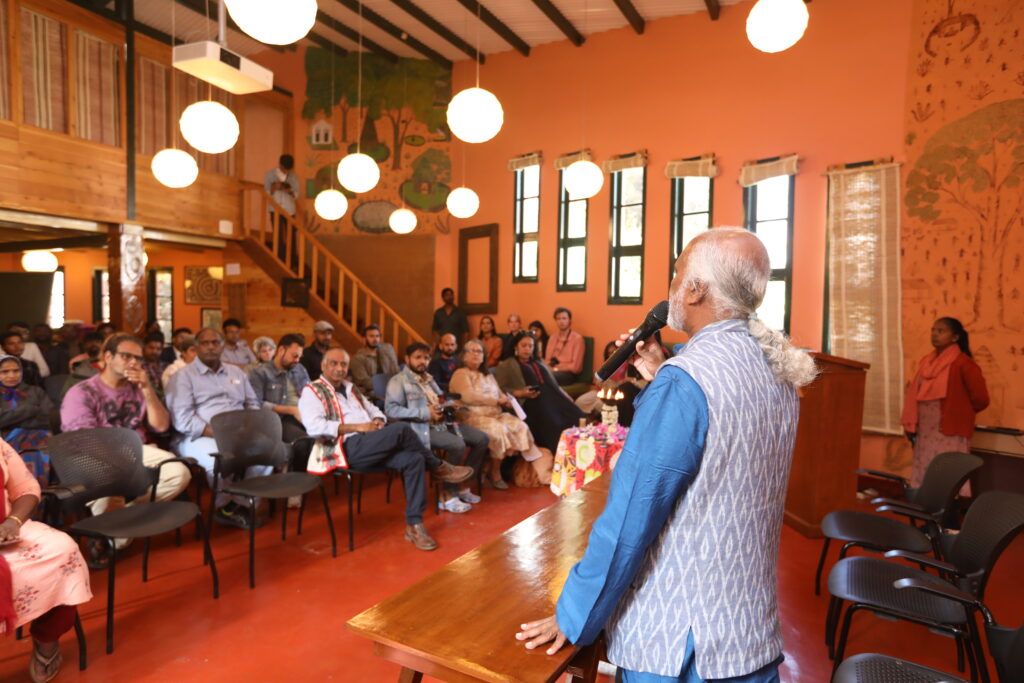
Add interactive components to your food experience.
As festival organisers, we ensure variety, hygiene, and supply chains are up to the mark. However, I recommend going beyond and fostering more engagement through interactive elements like conducting tastings about local ingredients, DIY cooking station workshops on urban farming, and creating experiences that engage attendees in the culinary narrative of the city. The Nilgiris Earth Festival incorporates educational initiatives and interactive experiences to raise awareness about sustainable food practices. The “Desi Millet” event focuses on millet cultivation, encouraging festival-goers to explore and appreciate traditional grains. Similarly, “Dig No Further” educates attendees about responsible digging practices, fostering a sense of responsibility and mindfulness. Whether your festival is nestled in a city, resonating through a music festival, or thriving in the lively atmosphere of a shopping festival, these five food practices could help you leverage your festival curation and enhance the experience of those who celebrate it.
Ramya Reddy is the Director of The Nilgiris Foundation and Founding team member of TNEF.
For more articles on festivals in India, check out our Read section of this website.
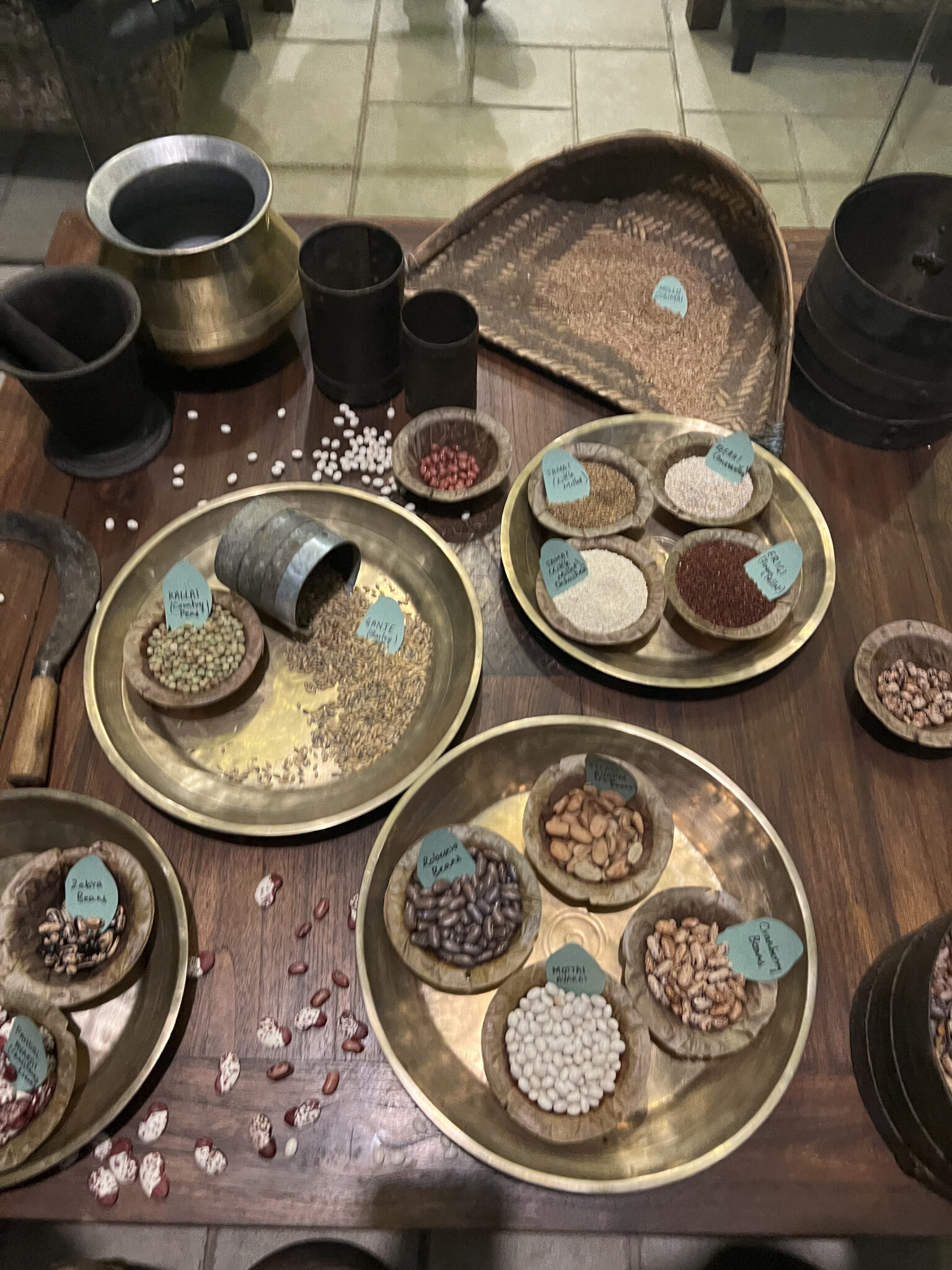

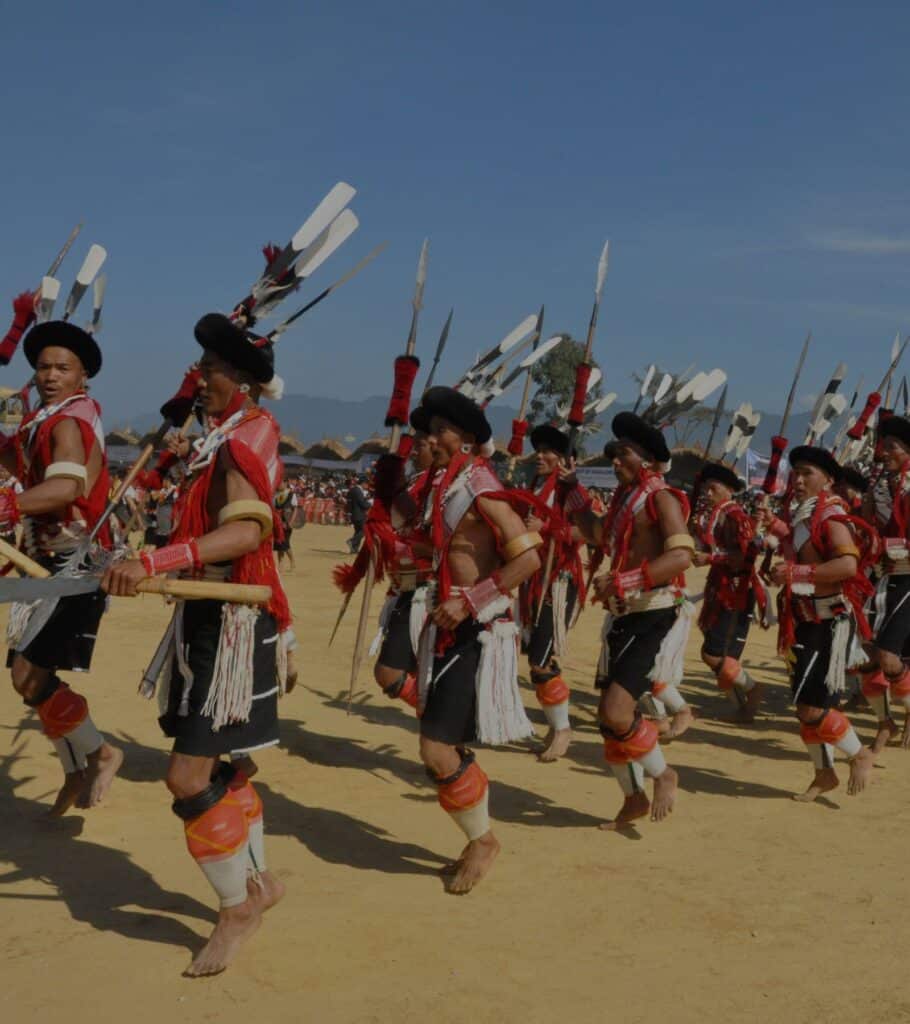
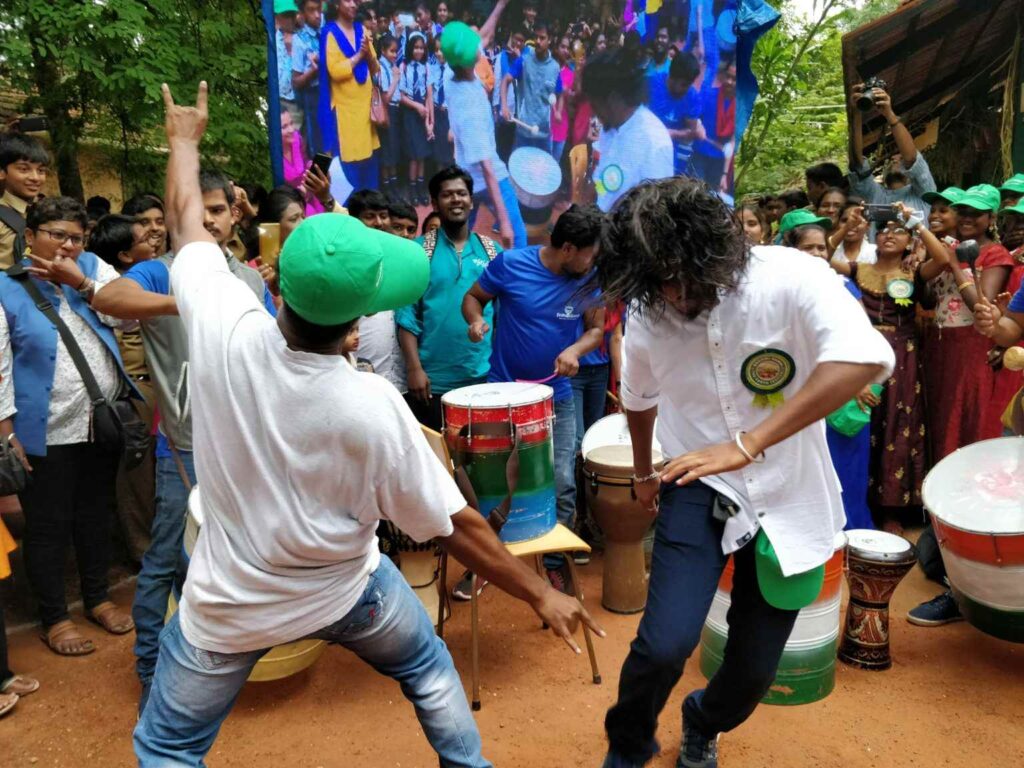
Share on